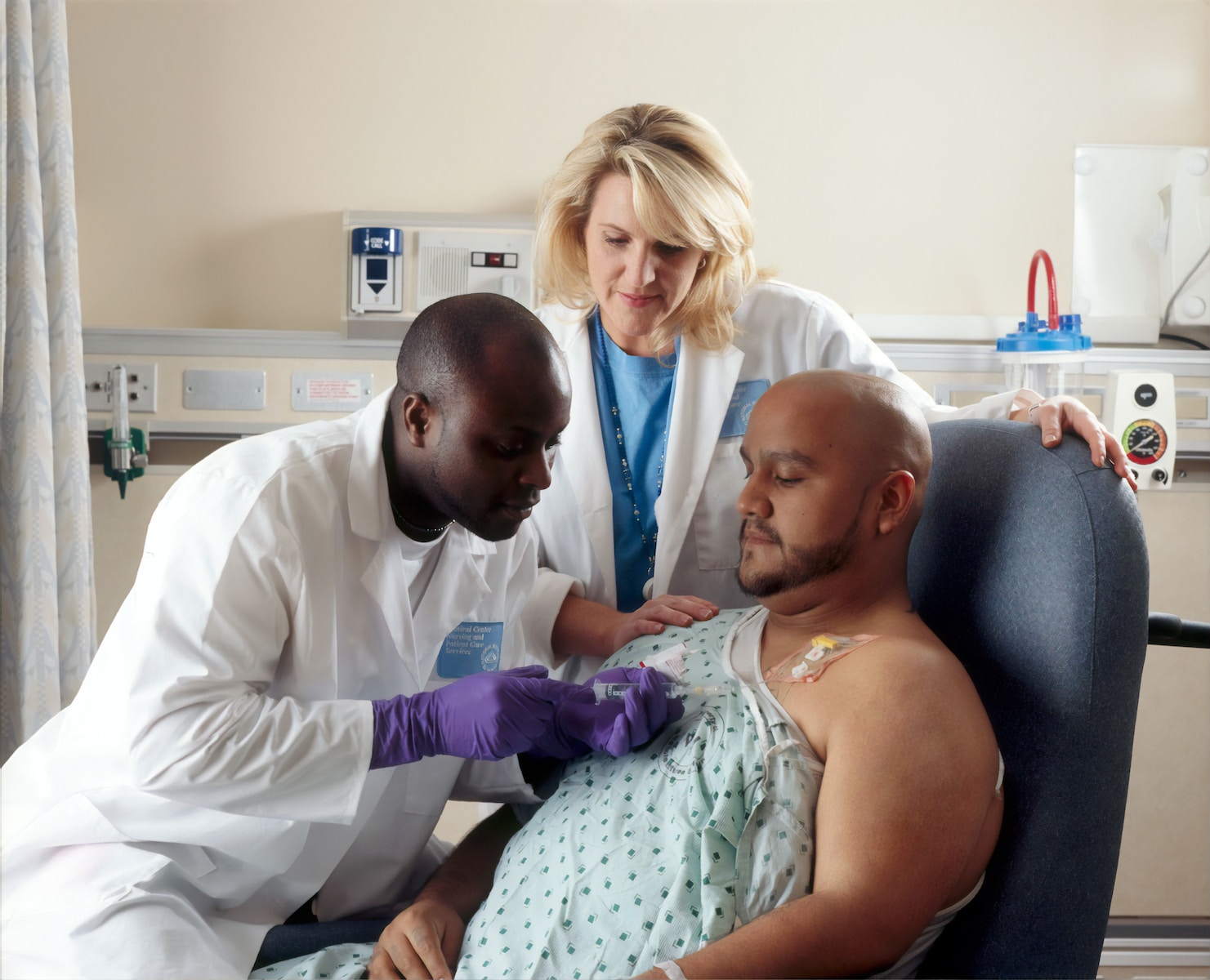Overview
Microbiologists are the science professionals who research tiny living things called microorganisms. Microorganisms include fungi, bacteria, algae, viruses and certain parasites. Microbiologists devise and carry out experiments to determine how various types of microorganisms survive and grow within their environments. In the course of their research, microbiologists often use equipment such as cutting-edge computer software and electron microscopes.
RELATED: What Degree Do You Need to Be a Microbiologist?
Some microbiologists conduct research, such as studying how a certain microorganism develops in particular conditions, purely to develop the scientific community’s understanding of microorganisms. Others put this basic knowledge of microorganisms to work to develop and test solutions to practical problems. Focuses of applied microbiology research can range from creating and evaluating the performance of new pharmaceuticals to treat medical conditions to developing new biofuels and improved methods for genetic engineering of agriculture.
Specialists in the field of microbiology include immunologists, clinical microbiologists, industrial microbiologists, bacteriologists, virologists, environmental microbiologists and mycologists. Each specialty focuses on a different aspect of microbiology, from the workings of plant and animal immune system to the properties of fungi, viruses and bacteria. Depending on their specialty and position, microbiologists may work with a variety of other science professionals, from biochemists to doctors and nurses.
Education
A college education is essential for a career in microbiology, but which level of education is right for a particular candidate depends upon individual career goals. A bachelor’s degree in microbiology or a related academic program, like biological sciences, may be enough to attain an entry-level position in the field. These programs often include extensive studies in microbial physiology and genetics, virology and environmental microbiology, as well as foundation courses in chemistry, computer science, physics, statistics, biochemistry and mathematics. Laboratory experience is a required component of most bachelor’s degree programs in biological sciences or microbiology, because candidates will need that hands-on experience to draw from in their work both during internships and once they begin their professional careers.
For candidates who want to do their own independent research in an academic environment, a Ph.D. in microbiology or subfields like immunology and bacteriology is essential. Like undergraduate microbiology students, Ph.D. candidates learn through both lectures and laboratory work. They must also research and write a dissertation or thesis to earn their degrees. Upon graduation from a Ph.D. program, most microbiologist start their careers in postdoctoral research positions, which are temporary jobs but which allow new graduates to work side by side with experienced microbiologists. By publishing the results of their research, new microbiologists can build their qualifications for obtaining a permanent microbiology research position.
Employment
Microbiologists earn a median annual salary of $66,260, the United States Bureau of Labor Statistics (BLS) reported. Those who work for the government can earn far more, with a median salary of $96,520 per year. The expected job growth in this career is modest, with the BLS anticipating only a seven percent increase in opportunities over a decade. However, certain areas of research – like environmental conditions, clean energy production, industrial production processes, genetic engineering of agricultural crops, pharmaceutical and biotechnology research, public health research and basic research – should offer good job prospects. Additionally, microbiologists with a well-rounded background in science are more likely than peers who don’t have a solid understanding of chemistry, biology, medicine and physics to attain applied research projects with interdisciplinary teams.
Conclusion
Microbiologists are scientific researchers who study organisms that are too small to see. They use computers and high-tech microscopes to classify and analyze these organisms as part of basic research or apply their knowledge to solve medical and other problems.
Related Resources:
What Degree Do I Need to Be a Genetic Engineer?
Highest Paying Jobs With a Biology Degree – Degrees in Biology – Majors & Careers


